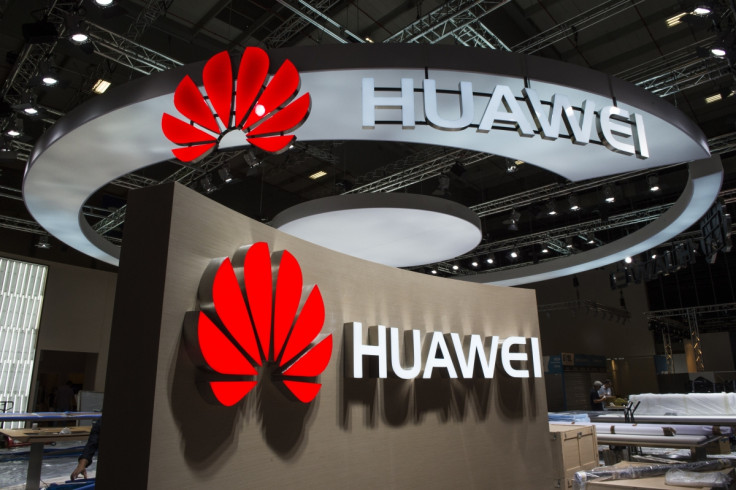Canada rejects residency applications of 2 Huawei employees over spying concerns

Canada is set to reject two permanent residency applications by employees of China's telecom giant Huawei over international spying concerns surrounding the company. Letters sent to the employees by the Canada's Hong Kong consulate said that "there are reasonable grounds to believe" the employees belong to the inadmissible class of persons described in the Immigration and Refugee Protection Act.
According to the South China Morning Post, which was given a copy of the rejection letters, the "inadmissible class of persons" refers to people who belong to an organisation engaged in espionage, government subversion or terrorism. A second applicant was also told last month of the same concerns over the spouse, who was part of the immigration application. "After careful and thorough consideration ... I am preparing to refuse your application," both the letters said.
The letters were shown to South China Morning Post by the applicants' immigration consultants, Beijing-based Well Trend United.Victor Lum, Well Trend's Vice-President noted that the two unrelated applications were submitted separately more than two years ago.
However, the "procedural fairness" letters arrived within days of each other, on 18 March and 21 March. Lum said that the two Huawei staff "definitely and categorically" deny being spies.
The two Huawei employees had applied to immigrate under Canada's provincial nominee programme which allows provincial authorities to choose immigrants based on skills and experience. Both applications passed provincial vetting but were red-flagged when it was sent to the federal authorities for final approval, Lum claimed.
South China Morning Post said that although Huawei has long been cited by the US as a Chinese espionage risk, the two cases are believed to be the first individuals "singled out by any foreign government in such a way."
In 2012, a US House of Intelligence Committee ruled that Huawei was a threat to national security. As a consequence, the company has been barred from bidding on US and Australian broadband projects.
Huawei, the world's third largest smartphone maker and a provider of global telecoms infrastructure, has repeatedly denied involvement in espionage, the paper added. The company is heavily involved in Canada's telco market, providing network technology and equipment for major wireless operators like Bell and Telus, the newspaper said.
Lum said: "The only common threat is that they work for Huawei, the largest telecom equipment manufacturer in the world, with over 170,000 employees, and R&D institutes all over the world, including, ironically, Canada, What our clients find particularly galling is that they know of many former Huawei colleagues who have successfully immigrated to Canada."
Lum said that the rejection of such applications on espionage suspicion was exceedingly rare. He spent 12 years as a Canadian visa officer, which involved three year stints in Hong Kong and Beijing.
He noted that the two employees were low and mid-ranking non-executives. "Their respective job-description narratives could not be more mundane. He believes the residency applications were made without Huawei's knowledge. This was confirmed by Scott Bradley, Huawei's Vice-President of Corporate and Government Affair in Canada.
Referring to staff being transferred overseas, Bradly said: "We have a very defined process for [immigration] applications. There is nothing to indicate that this has anything to do with us."
A spokeswoman for Canada's immigration department told South China Morning Post that it could not comment on individual cases. She said the onus was on applicants to prove they did not pose a threat to Canada's security and "all applications from around the world are assessed equally."
© Copyright IBTimes 2024. All rights reserved.






